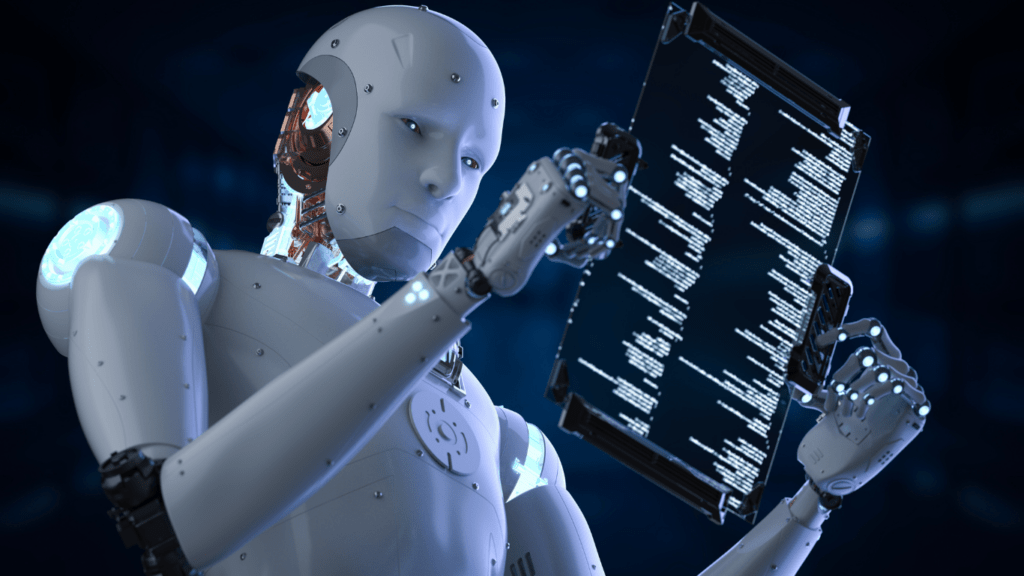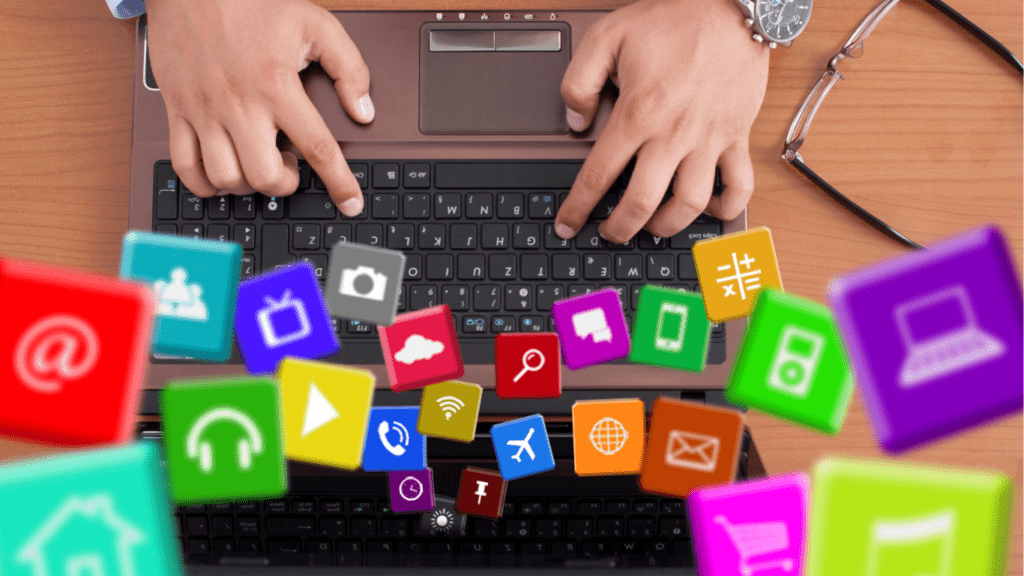The Rise Of Transformative Tech Innovations
Advancements in various fields have significantly shaped how we interact with the world. Artificial intelligence (AI) has transformed industries with applications like natural language processing in chatbots and predictive analytics in healthcare. AI models, such as GPT and BERT, demonstrate unprecedented capabilities that enhance decision-making and efficiency.
Green technologies are addressing climate challenges with remarkable solutions. Solar panel efficiency has surpassed 22%, and EV battery ranges now exceed 400 miles per charge. These innovations promote sustainability while reducing environmental impact.
Wearable tech has reached new heights, with devices like smartwatches offering real-time health monitoring, including SpO2 and ECG functions. These tools empower users to take control of their health proactively.
Quantum computing, while still nascent, is unlocking solutions for complex problems, particularly in areas like cryptography and drug discovery. With qubit performance improving annually, businesses are investing heavily in this sector.
Each of these innovations has progressed from experimental to mainstream, influencing industries and individual lifestyles on a global scale.
Breakthroughs That Hit The Mainstream This Year

Technologies once considered futuristic prototypes are now reshaping industries and daily life. This year, key innovations have firmly established their roles in the mainstream.
Artificial Intelligence and Machine Learning Advancements
AI-driven tools are dominating industries with transformative capabilities. Large language models like GPT-4 now support businesses in automating customer service, creating content, and streamlining tasks. In machine learning, tools for predictive maintenance and fraud detection enhance operational reliability for sectors like finance and manufacturing. AI systems are also integrated into creative industries, generating music, design elements, and personalized ad campaigns. These advancements expand efficiency while driving cost reductions.
Revolutionizing Healthcare With Tech
Healthcare has seen unprecedented integrations of technology. AI-powered diagnostics detect diseases like cancer in early stages through medical imaging. Wearable devices, such as continuous glucose monitors, provide real-time health tracking for chronic conditions. Robotics in surgery has minimized recovery times and increased precision during procedures. Additionally, telemedicine platforms now connect patients with healthcare professionals globally, ensuring access in underserved regions. These tools improve care while reducing strain on medical systems.
Innovations in Green Technology
Green technologies are accelerating sustainability efforts. Solar panels with efficiency ratings above 22% and wind turbines generating record-breaking outputs are delivering cleaner energy solutions. Batteries in EVs now achieve ranges over 450 miles, promoting broader adoption and reducing fossil fuel dependency. Carbon capture systems have advanced, offsetting emissions from industrial processes. Smart grids optimize electricity distribution, minimizing waste in urban areas. These innovations are critical in mitigating climate change impacts.
Game-Changers Across Industries
This year, innovations have disrupted traditional sectors, offering new ways to solve problems and improve efficiency. These breakthroughs are leaving a lasting impact across education, transportation, and consumer electronics.
Impact on Education and Learning
Technology is reshaping how students learn and educators teach. Adaptive learning platforms powered by AI, such as DreamBox and ScribeSense, provide personalized lesson plans that cater to individual needs. Virtual and augmented reality tools like Oculus and HoloLens create immersive learning environments, enhancing engagement in subjects like science and history. Online education platforms, including Coursera and edX, are improving accessibility by offering high-quality courses worldwide. Blockchain is contributing by securing student records, ensuring transparency and reducing data tampering.
Transportation and Smart Mobility
Advancements in transportation are redefining urban mobility. Electric vehicles, including Tesla Model Y and Rivian R1S, are dominating markets, with enhanced battery ranges exceeding 450 miles. Autonomous driving systems like Waymo and Mobileye are improving safety by decreasing human error on roads. Smart mobility solutions such as MaaS (Mobility as a Service) integrate public transit, ride-sharing, and bikes into unified apps for streamlined commuting. Hyperloop prototypes, spearheaded by Virgin Hyperloop, promise to revolutionize high-speed travel, while drones are beginning to optimize last-mile delivery in logistics.
Consumer Electronics and Everyday Gadgets
Consumer technology has reached new heights, blending convenience with innovation.
- Foldable smartphones like Samsung’s Galaxy Z Fold 5 deliver larger screens in compact designs.
- Smart home devices, including Amazon Echo and Google Nest, provide seamless integration of automation and voice-activated control.
- Wearables like the Apple Watch Series 9 monitor health metrics with unprecedented accuracy.
- Advanced noise-canceling headphones, such as Sony WH-1000XM5s, elevate personal audio experiences.
These gadgets showcase how emerging technologies are improving everyday life.
Challenges On The Path From Prototype To Mainstream
Scaling innovative technology from prototypes to widespread adoption often involves overcoming significant hurdles. These challenges can arise across various stages, including development, commercialization, and user integration.
Resource Constraints
Transforming prototypes into market-ready products requires:
- extensive funding
- skilled personnel
- access to advanced infrastructure
Many startups struggle to secure investments for scaling, especially in high-capital fields like green technology and quantum computing. For example, manufacturing high-efficiency solar panels at scale demands considerable capital and supply chain stability.
Regulatory and Compliance Barriers
Emerging technologies frequently face strict regulatory hurdles before gaining mainstream acceptance. Meeting safety standards, environmental guidelines, and ethical considerations can delay market entry. For instance, autonomous vehicles require rigorous testing and approval to ensure road safety before deployment.
Consumer Adoption Resistance
Prototypes often need to gain public trust and overcome skepticism. Factors like cost, usability, and perceived risks influence adoption rates. Early AI tools faced initial skepticism due to ethical concerns and data privacy issues. Similarly, high prices historically slowed electric vehicle adoption, despite environmental benefits.
Technical Scalability
Scaling up from a prototype to full-scale production can expose unforeseen technical challenges. Complex technologies like quantum computers and AI models require robust infrastructure and significant computational power, which complicates widespread implementation. For example, training advanced AI systems like GPT demands substantial energy resources, creating scalability barriers.
Market Competition
Competitive pressure from entrenched players can stifle innovation. Larger corporations may dominate markets or replicate disruptive ideas, making it harder for smaller entities to achieve mainstream success. Startups launching foldable smartphones face stiff competition from established brands with greater market reach.
Addressing these challenges requires strategic planning, collaboration with stakeholders, and iterative improvements to meet industry expectations and consumer needs.



